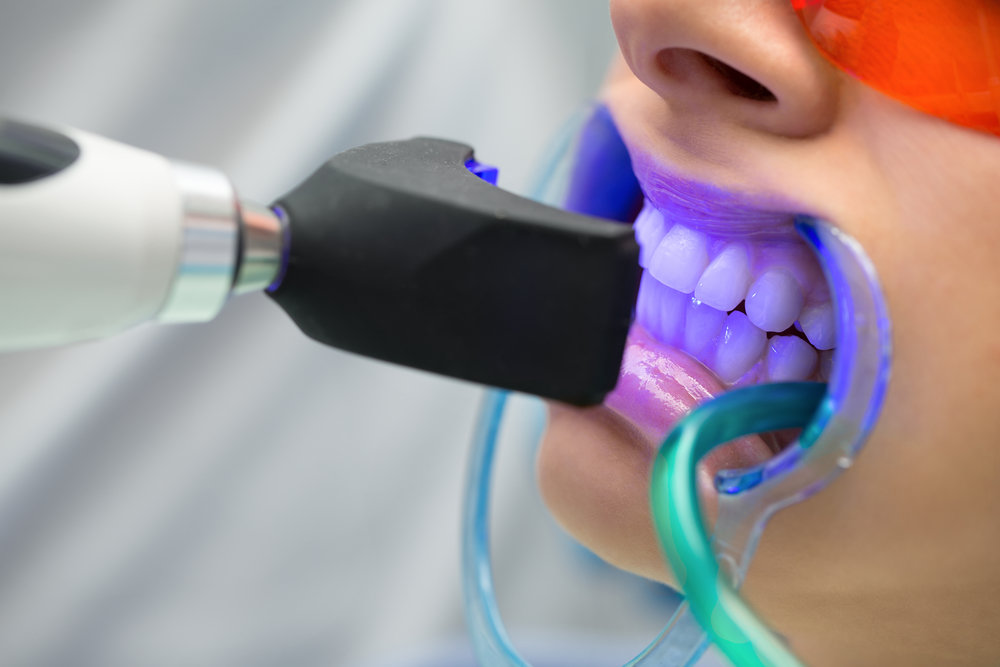Scaling, Polishing, and Dental Whitening
Artisan Dental, Mong Kok branch, is now open. We are committed to providing you with high-quality dental cleaning and whitening services. Please contact Artisan Dental Mong Kok clinic now to make an appointment for teeth cleaning and whitening services."

